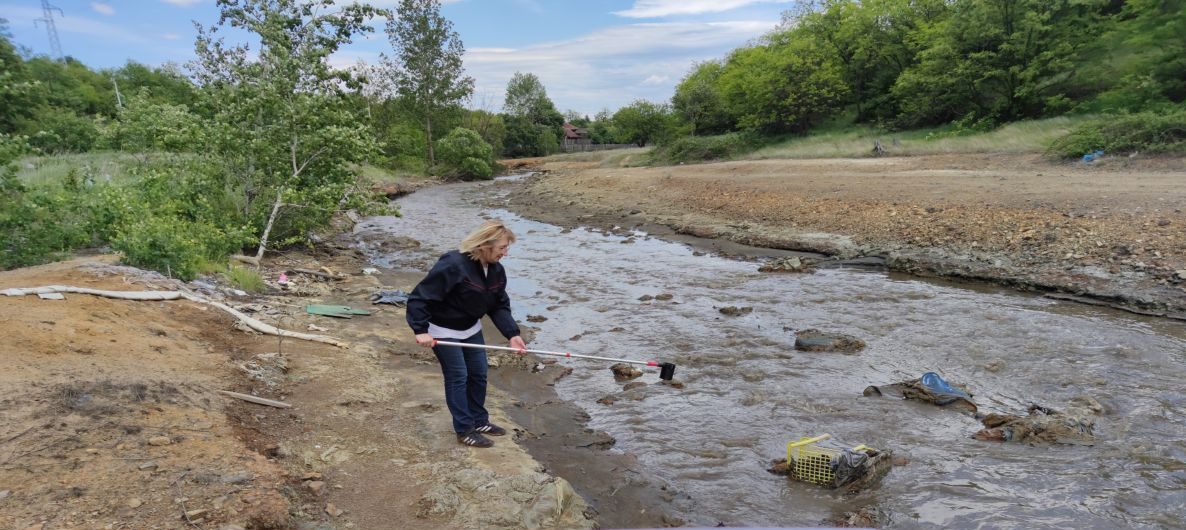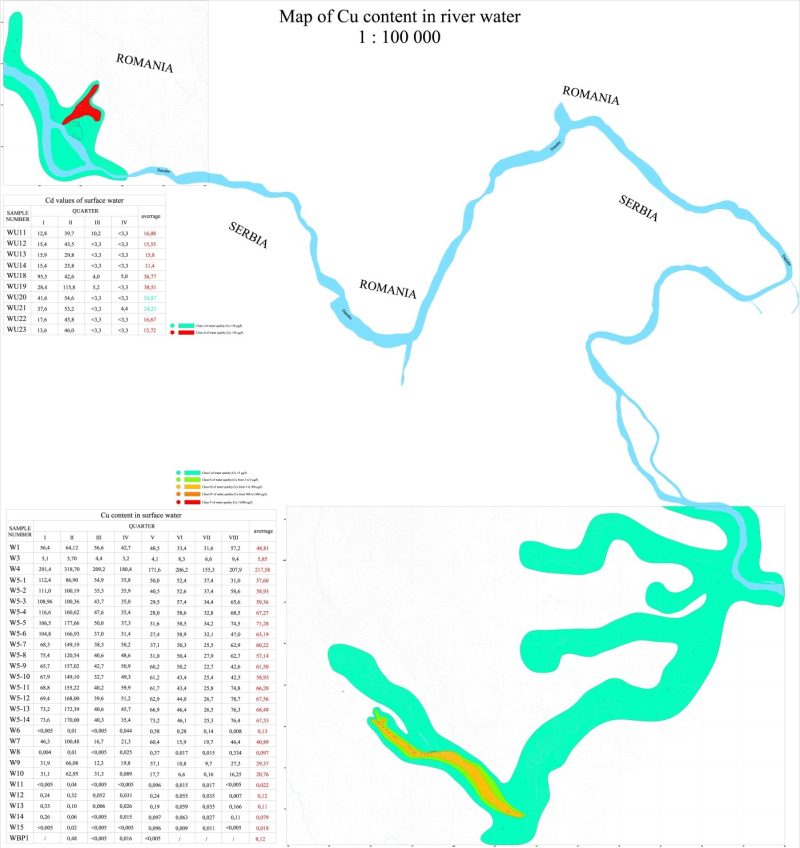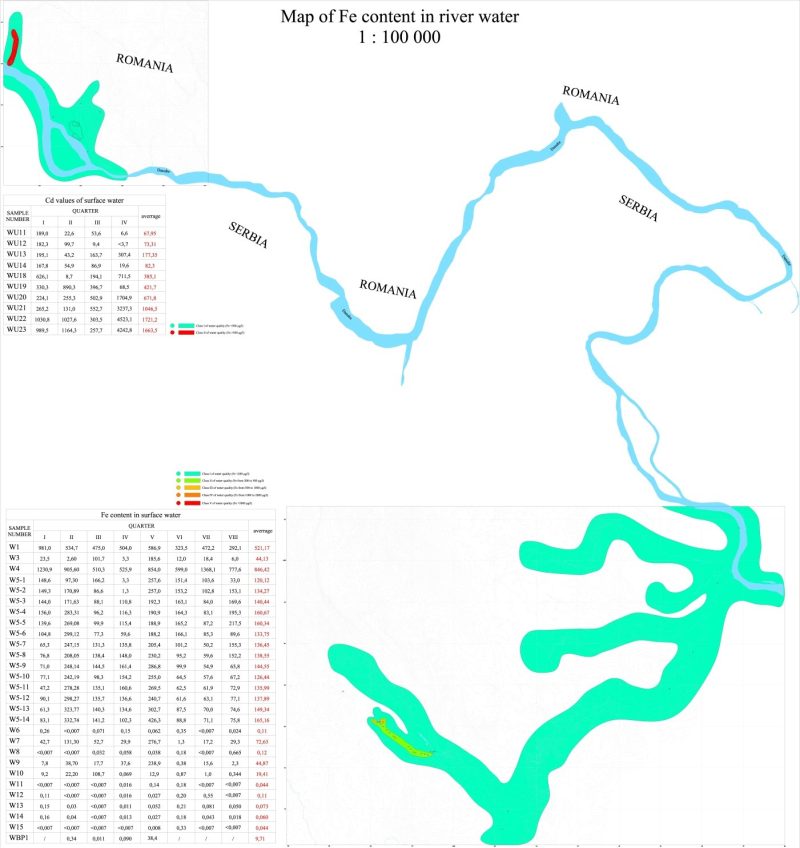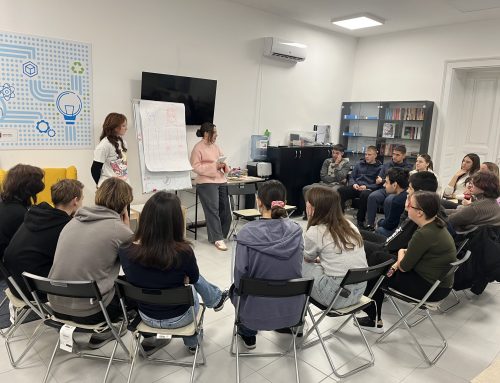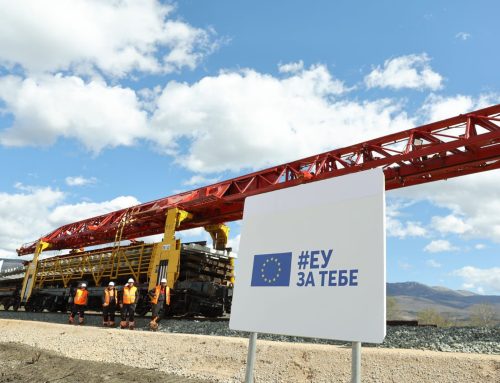Over the past two years, an ambitious project has changed the pattern of the mining industry’s impact on water resources in two countries. And it won an award from the Directorate-General of the European Commission.
The project “Romania Serbia NETwork for assessing and disseminating the impact of copper mining activities on water quality in the cross-border area (RoS-NET2)” did not only offer scientific studies and reports, but became a symbol of change towards a more sustainable and cleaner environment.
Implemented within the Romania – Serbia cross-border cooperation program, it is the result of cooperation between West University Timisoara (Romania), Institute of Mining and Metallurgy Bor (Serbia) and Grupul Ecologic de Colaborare – NERA (GEC NERA) (Romania).
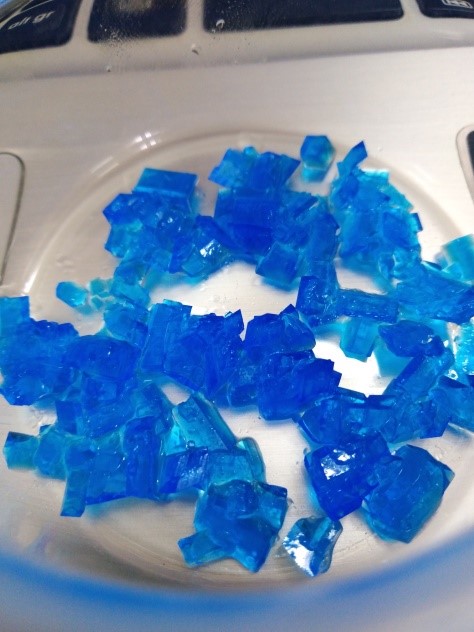
The prize in the REGIOSTARS 2023 competition is the ultimate recognition for projects that demonstrate the impact and inclusiveness of regional development. The victory in the “Green Europe” category not only affirmed the “From Mine to River. The Water Guardians!” as a leader in the field of environmental protection, but it has also provided support to the continuation of research of this type.
REGIOSTARS is an annual competition organised by the European Commission’s Directorate-general for Regional and Urban Policies since 2008. Over the years, it has become a European mark of excellence for EU-funded projects that demonstrate the impact and inclusiveness of regional development.
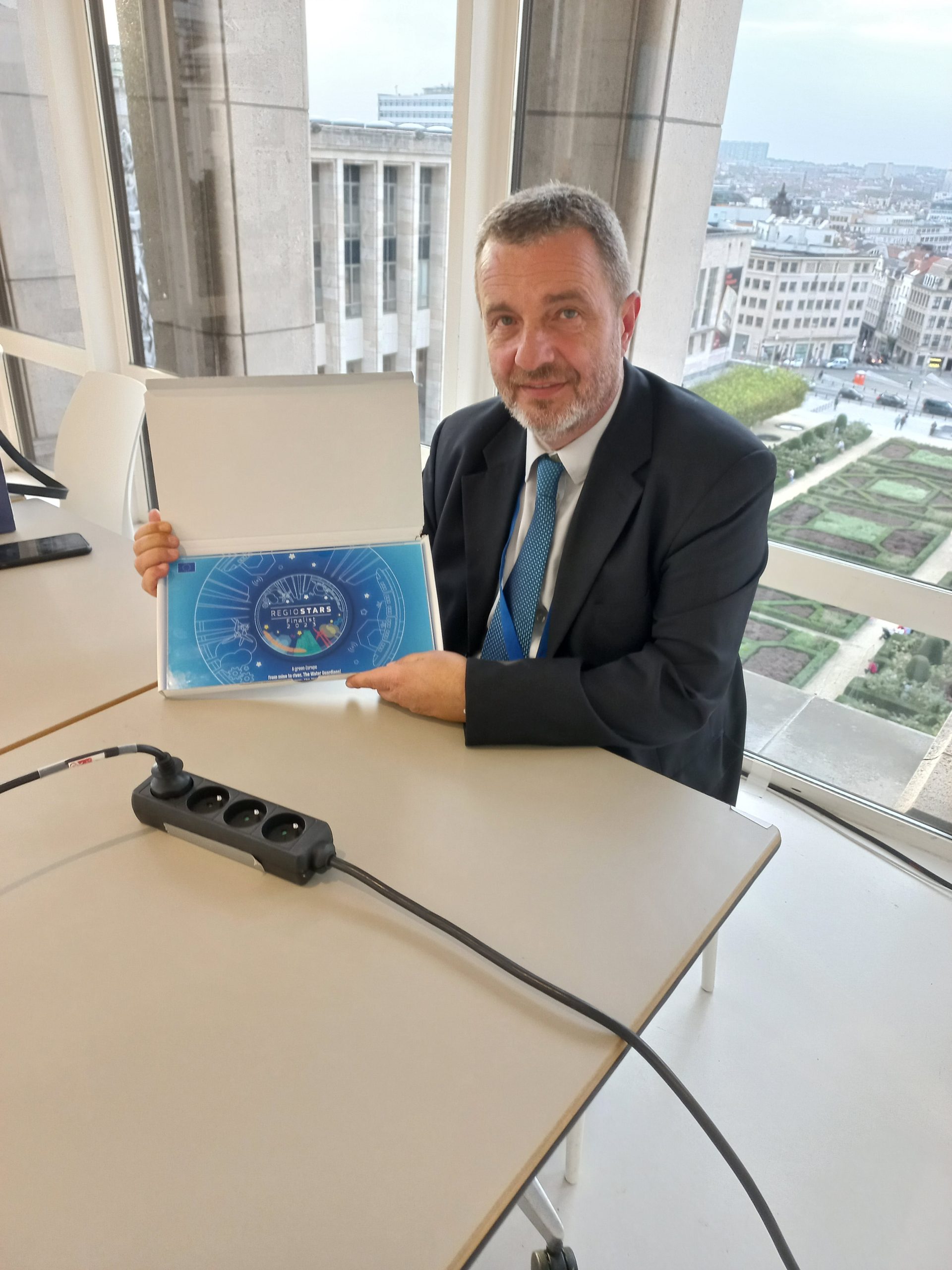
“It’s a great achievement to even participate in a competition like this, especially since 2023 is the year of renewal and restart of the competition. By winning the REGIOSTAR 2023 competition, the partners in the project “From Mine to River. The Water Guardians!” proved that each of them can be equal to other leading EU institutions and universities”, said the adviser to the director of the Institute for Mining and Metallurgy Bor Dr Zoran Stevanović.
“The main goal was to assess the quality of water in the zones of mining works in the cross-border area from the Serbian and Romanian sides and to propose effective methods of purifying polluted waste water, as well as to promote the importance of environmental protection and the education of pupils, students and young researchers”, explained Stevanović.
A key feature of the project is the application of the “zero waste” principle. This innovative approach aims to conserve ecosystems and resources and has produced many game-changing results in regional ecology and economy.
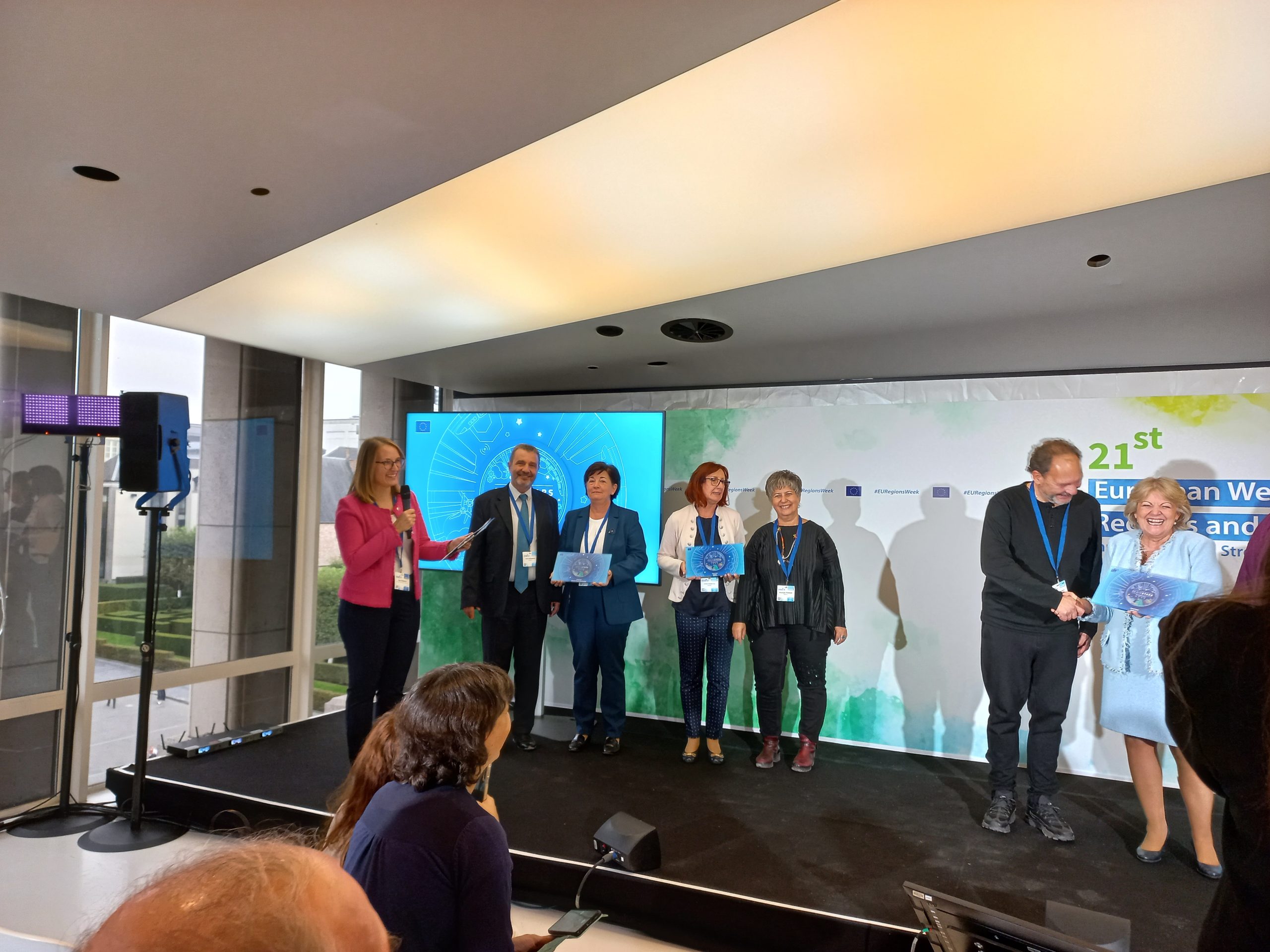
“This approach has been implemented to support two important long-term priorities of the EU: environmental protection – by improving water quality while preserving ecological systems and biodiversity. The second priority is in line with an efficient circular economy – the use of elements defined by the EU based on the list of critical raw materials obtained from polluted waters,” he said.
Collaboration that initiated change
The cooperation between the Institute of Mining and Metallurgy (IRM) Bor and West University Timisoara (WUT) dates back to 2010. Their joint work on research enabled the unification of expertise in microbiological, chemical, mineralogical and technological analyses, thus creating the basis for comprehensive research.
Revolution in practice
The results of the project bring multiple benefits for the citizens of Serbia and Romania. By acquiring state-of-the-art analytical devices, developing procedures for environmental monitoring, conducting sampling campaigns and analysing more than 350 samples, the project achieved concrete, measurable results.
The geochemical map of the observed areas, scientific studies and the study of the impact of mining waste on surface water quality provide information to competent institutions and citizens for decision-making and action on the ground.
“The project had a basic ecological and educational component and was implemented in the area of both sides of the border in the parts where there was, or still is, active mining activity. One of the main problems for people living in such surrounding is environmental pollution. This is why we intend to present the monitoring results and disclose them, along with the opportunities for improving the state of the environment. Therefore, we included more than 45 thousand people living in the Romanian-Serbian cross-border area in multi-faceted activities, events and initiatives”, emphasised the adviser to the director of the Institute for Mining and Metallurgy Bor, Dr Zoran Stevanović.
Education and Knowledge Base
The most valuable contribution of the project is education. More than thousand students, 57 teachers and 22 young researchers gained knowledge about environmental protection and sustainable mining through trainings, workshops and thematic study visit.
The publicly available Knowledge Base has become a reliable source of data, useful for a wide range of users – from public administrations to citizens interested in environmental issues.

